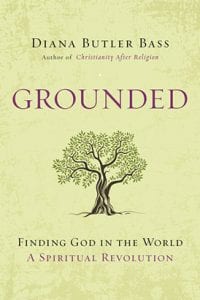To see a general overview of Simpler Living, Compassionate Life click here.
In this section: “Excerpt from The Overworked American” by Juliet Schor (33-37); “The Spirituality of Everyday Life” by Cecile Andrews (37-41); “Entering the Emptiness” by Gerald May (41-51); “Contemplation and Ministry” by Henri Nouwen (52-58)
This section invites the reader into a greater thoughtfulness in conception and use of time. The opening excerpt from The Overworked American reveals the age of this collection in a way that few other essays throughout the work do. Written in the earliest years of the technological revolution, it fails to address the multitasking and attachment to technology that we experience in everyday life.
Cecile Andrews and Henri Nouwen offer insightful reflections on the need for mindfulness and contemplation. Nouwen believes that those involved in pastoring need contemplation to see and respect the complexity of the world and to position one’s obedience toward God.
Gerald May’s essay on emptiness and “the myth of fulfillment” speak to the universal experience of longing. He critiques popular religion that offers false promises of blissful contentment, arguing that “we were never meant to be completely filled..In this way we participate in love becoming life, life becoming love.” (47) While I found a number of May’s arguments to be compelling, I was deeply troubled by May’s note that “oppression by other humans…can teach the secret (hope of emptiness).”(48) He goes on to quote Frederick Douglass, but does not condemn oppression seen throughout the world as an incarnation of evil. There seems to me to be a very dangerous romanticization of oppression and failure to confront the horrific history of slavery in this statement, which could fall dangerously into ideology asserted by many in the nineteenth century that somehow slavery was “beneficial.”
Despite my concern with May’s essay, this section on the whole encourages individuals to embrace and cultivate quiet time and space in their lives. Its placement within the book suggests that simple living needs reflection on how a lifetime is spent.




